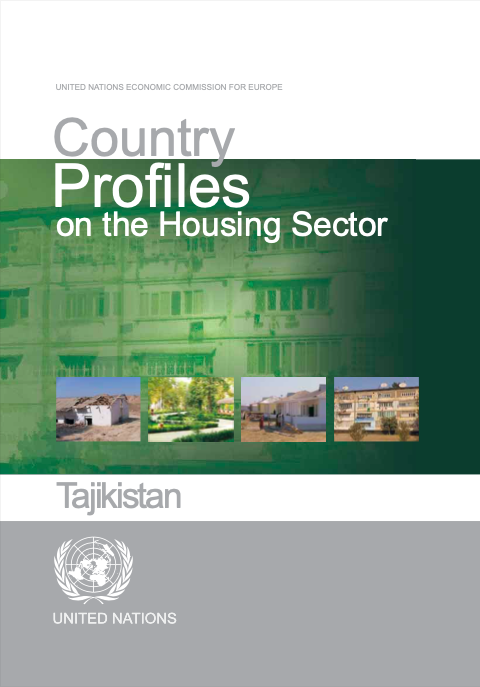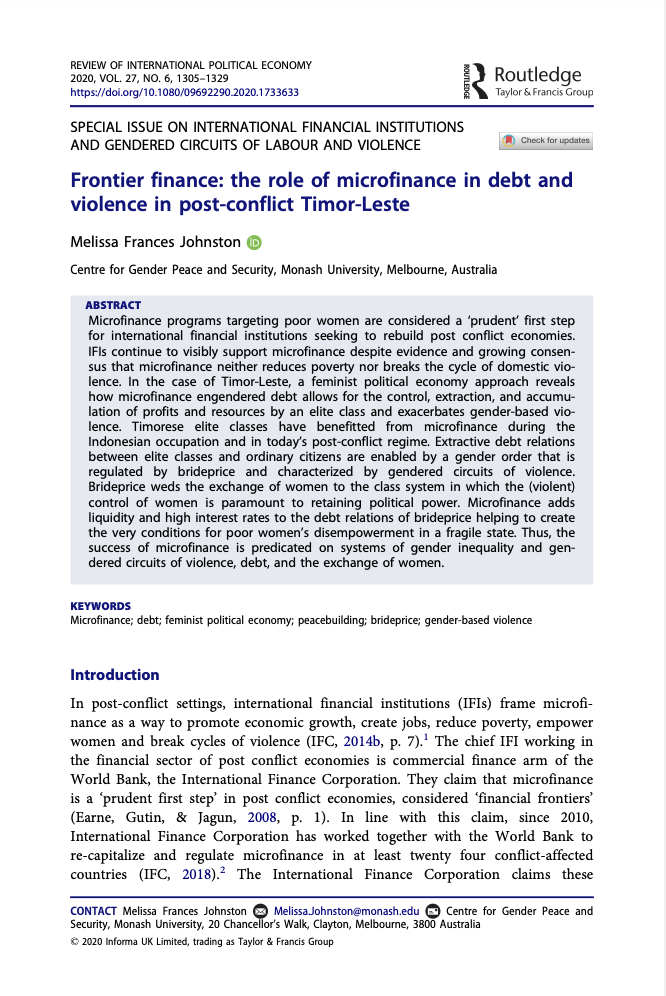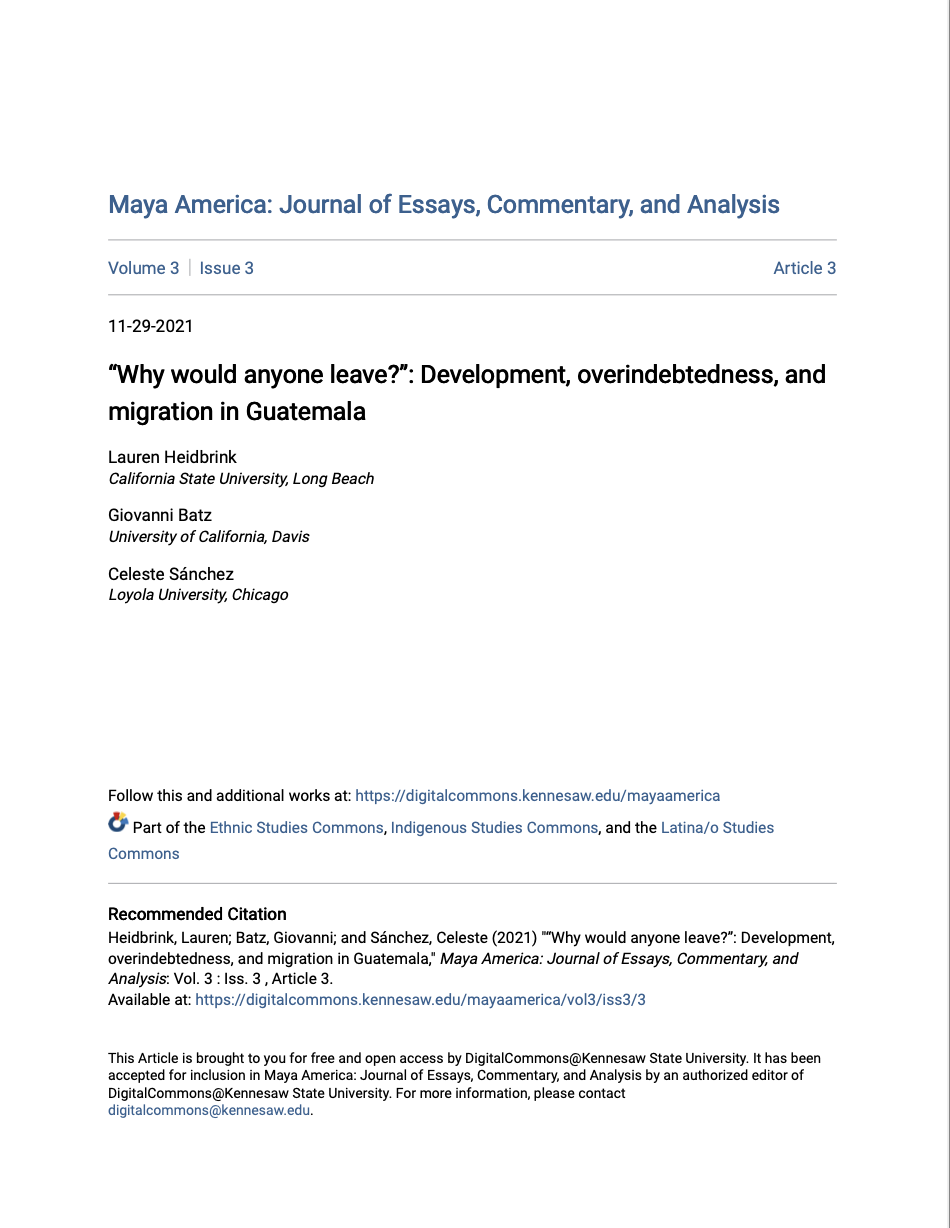Unlocking Land Values to Finance Urban Infrastructure : Land-Based Financing Options for Cities
Raising capital to finance urban
infrastructure is a challenge. One solution is to
'unlock' urban land values - such as by selling
public lands to capture the gains in value created by
investment in infrastructure projects. Land-based financing
techniques are playing an increasingly important role in
financing urban infrastructure in developing countries. They
complement other capital financing approaches, such as local










